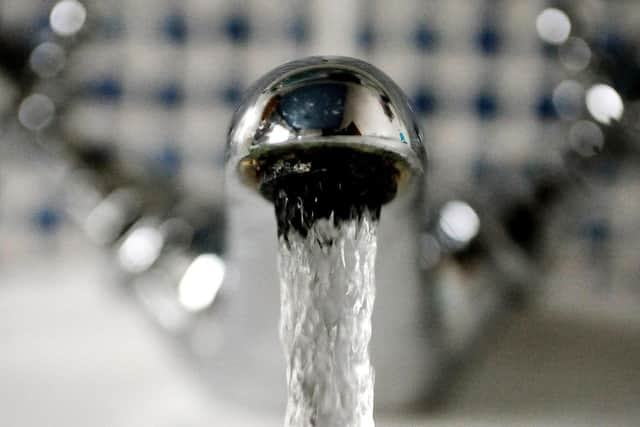Water firm helps Lancashire developers save £40m
and live on Freeview channel 276
Since 2018, United Utilities has been offering a 90 per cent reduction in charges to developers building water efficient homes that include measures to reduce water usage to 100 litres per person per day. To date, more than 86,000 plots have been registered with many of these already built, creating savings of £25m for developers.
A similar reduction on wastewater charges is also available for properties that do not connect surface water drains to existing sewers. This has attracted more than 58,000 plots and generated savings of more than £19m.


Advertisement
Hide AdAdvertisement
Hide AdDevelopers can save up to £523 per new plot when building a water efficient home that discharges surface water sustainably. Both schemes are still available.
Graham Morley Strategy and Compliance Manager at United Utilities said: “We’ve been offering a 90 per cent reduction in charges to developers who are building homes in the North West of England that are either water efficient or feature sustainable drainage since 2018.
“At that time, our target was 110 lppd usage to improve on the 125 litres standard included in building regulations. Due to the success of the scheme and being keen to encourage further water efficiency we reduced the threshold to 100 lppd in 2020.”
The same reduction is also available to developers providing sustainable drainage systems by channelling surface water away from sewers. By replicating natural drainage, these help meet environmental challenges such as climate change and population growth, manage flood risk and water quality, and can also provide amenity benefits and habitats for plants and animals.
Graham Morley added: “We are considering a number of future incentives including rainwater harvesting and grey water recycling, smart water butts and infiltration systems for surface water drainage.”
